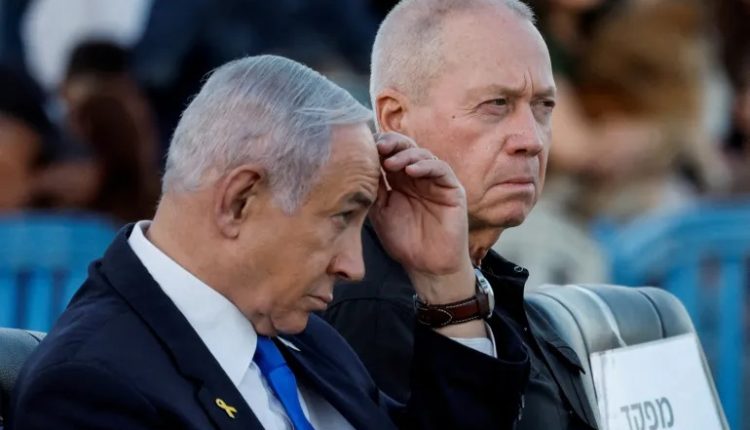GAZA, Mar. 30 (YPA) – A video clip broadcast by the Al-Qassam Brigades, the military wing of Hamas, on Saturday, showing an Israeli prisoner pleading with his government to save him, has sparked widespread controversy inside and outside the occupying entity. It reflects the shift in Israeli discourse regarding the crisis of prisoners held by the Palestinian resistance in Gaza, amid mounting popular and political pressure on Benjamin Netanyahu’s government.
Messages of resistance
Broadcasting this video is not just a humanitarian message, but also carries a clear strategic dimension.
The Al-Qassam Brigades realize that exerting psychological pressure on prisoners and exposing their suffering to the Israeli public is an effective means of pushing the Netanyahu government toward negotiations.
The video’s closing line, “They won’t leave without a deal. Time is running out,” serves as a direct warning to the occupation government that a military solution will be futile, and that the only path forward is negotiation.
Netanyahu’s dilemma
The Israeli prisoner’s plea for help reflects the mounting pressure on the Netanyahu government, which is facing growing opposition from the prisoners’ families and settlers, who are beginning to realize that the military operation has not led to the prisoners’ release, but has instead complicated the situation.
The ongoing demonstrations in occupied Jaffa (Tel Aviv) indicate a growing sense of public anger, which could impact Netanyahu’s political future, especially in light of his relentless efforts to maintain the support of the far right and the military establishment.
Collapse of trust between prisoners and their government
It’s noteworthy that the Zionist prisoner in the video not only appealed to his government, but also directly criticized its handling of the prisoner issue, pointing out that it abandoned them after releasing certain categories of prisoners in previous prisoner release deals.
According to observers, this discourse reveals a growing crisis of trust between the prisoners and their families, on the one hand, and the occupation government, on the other. A growing conviction is emerging that the Netanyahu government is not seriously seeking their return.
Future implications
As the demonstrations continue and the protests expand, the Israeli occupation government may find itself forced to reconsider its position, especially if international pressure continues.
Despite the Trump administration’s support for the occupying entity’s position, the continuation of the war without tangible results may prompt Washington to gradually change its position.
In contrast, the Palestinian resistance appears to be pursuing its strategy of using the prisoners’ media platform to increase internal pressure on the occupation government.
Given historical precedent, the possibility of reaching a new exchange deal is closer than ever, especially with the failure of the military approach to achieve any tangible progress.
The battle of will continues
We can say that this video confirms that the conflict between the Palestinian resistance and the occupation forces is no longer limited to the military arena, but has become a battle of wills and minds.
While the occupation government is trying to buy time, the Palestinian resistance is seeking to exhaust it through media and psychological pressure. This presents Netanyahu with a difficult equation: continue the war without guarantees, or submit to the resistance’s demands and enter into a new exchange deal?
The coming days will be decisive in determining the direction the Israeli occupation entity will take in this complex confrontation.
YPA


